In Oncology there are many drugs in development and many drugs has been approved for the treatment of cancer. There are small molecules, biologic drugs, vaccine, gene therapies, Immunotherapies which are in development for cancer disease. But the development of novel targeted therapies for cancer treatment with acceptable safety is critical. Immunotherapy offers promising opportunities with the potential to induce sustained remissions in patients with refractory disease. In Immunotherapies adoptive cell transfer (ACT) approach is rapidly emerging approach. ACT are of several types including Tumor-infiltrating lymphocytes (TILs), T Cell Receptors (TCR) and Chimeric antigen receptors T (CAR-T) cells. CAR-T cells are advanced development for treating cancer. In research CAR-T cells therapy open a new door for treatment of cancer disease. CAR-T cells are consisting of extracellular single-chain variable fragment (scFv), transmembrane domain, and intracellular part of immunoreceptor tyrosine-based activation motifs (ITAMs). CAR-T cells have shown good response in clinical trials for B-cell malignancies. CAR-T cells therapies are engineered from patients own immune cells and infused back into the patients.
Development in CAR-T cells therapy have been seen from first generation CAR-T cells to fourth generation CAR-T cells and continuously getting advanced. There different types of CAR-T cells which includes TRUCK Car, Universal Car, Self-driving CAR, Armored CAR, Self-destruct CAR, Conditional CAR, Marked CAR, TanCAR, Dual CAR and sCAR.
Two CAR-T cells have been approved namely Yescarta and Kymriah. Yescarta is approved for the treatment of Diffuse Large B-cell lymphoma (DLBCL) and Kymriah is approved for the treatment of Acute lymphoblastic leukemia (ALL) and Diffuse Large B-Cell Lymphoma (DLBCL) by the USFDA and EMA. Pipeline Analysis showed that the 50% of CAR-T are in development for Liquid tumor and 37% of CAR-T cells therapy for Solid tumor. 2% of CAR-T is for Solid tumor and liquid tumor both. 10% of CAR-T cells therapy are in development for Unknown cancer i.e. the companies had not disclosed the cancer types.
Companies as Novartis, Gilead, Johnson and Johnson, Amgen, Takeda, GlaxoSmithKline, Intellia Therapeutics, Pfizer, Roche and many more are in race for the development of CAR-T cells. Companies are collaborating for the development and research for CAR-T cells therapy with other companies, research institutes and hospitals.
CAR-T cell therapy pipeline report includes the CAR-T cells therapy, which are in development in Phase I, Phase II, Phase III, Preclinical, Discovery and Unknown Phase. The report also includes the detailed description of Marketed and Phase III CAR-T cells therapies. In this report Major Collaboration and Partnership for CAR-T cells therapy also described.
Key Questions Answered:
- Working of CAR-T cells therapy
- Progression in CAR-T cells therapy research
- Types of CAR-T cells therapy
- Detailed description of Approved CAR-T cells therapy
- Target included in CAR-T cells therapy
- Pipeline of CAR-T cells therapy
- Phase I CAR-T cells
- Phase II CAR-T cells
- Phase III CAR-T cells
- Detailed description of Phase III Car-T cells therapy
- Preclinical CAR-T cells therapy
- Discovery Phase CAR-T cells therapy
- Unknown Phase CAR-T cells therapy
- Major Collaboration/Partnership
- Pipeline Analysis by Indication in different Phase of development

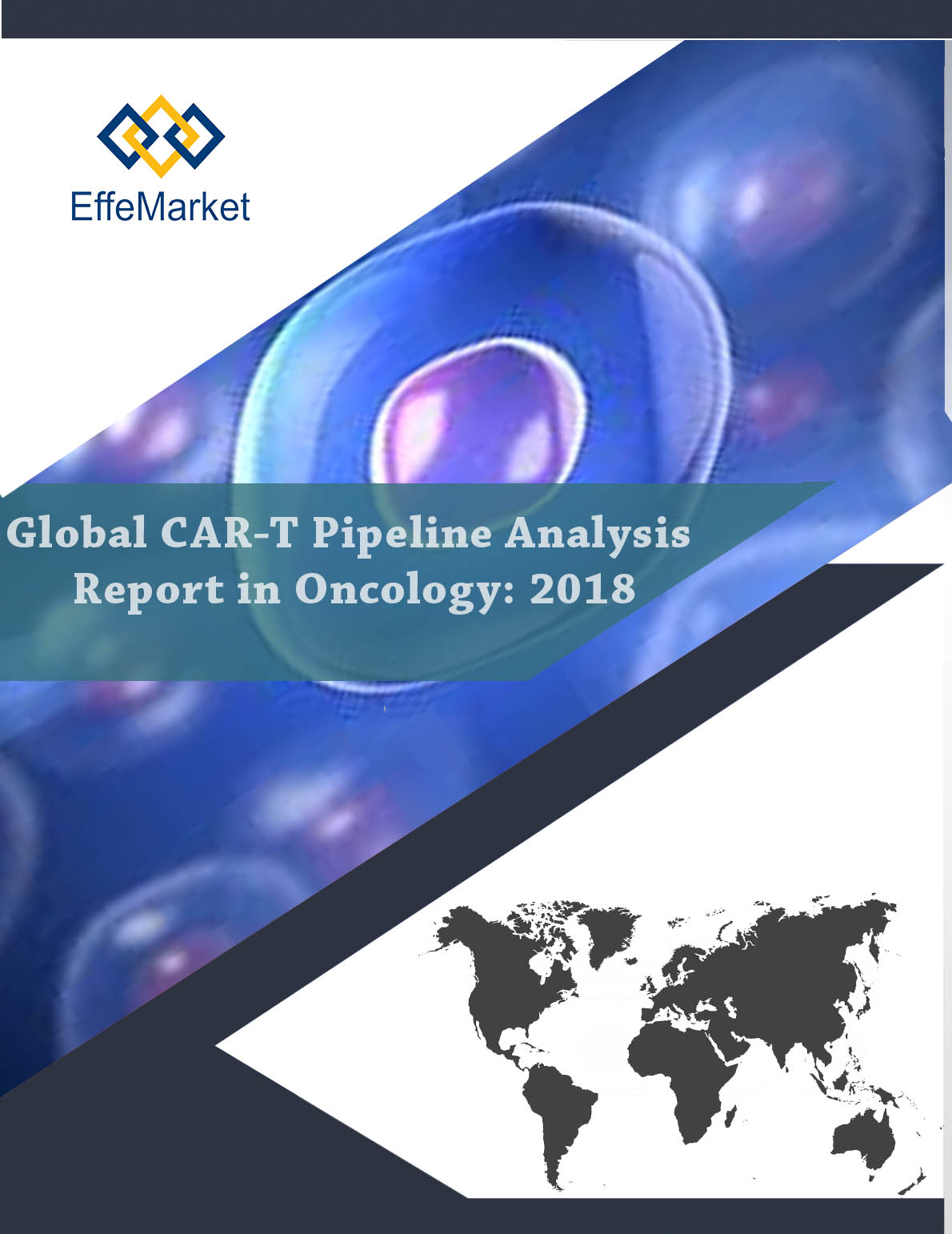

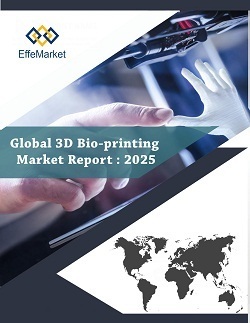


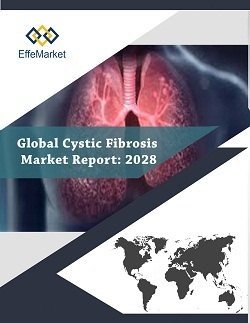

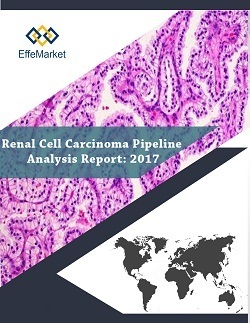



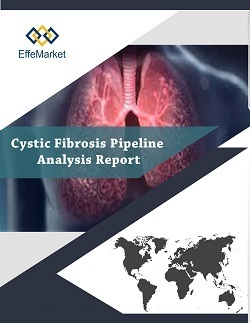
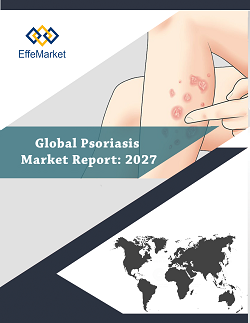
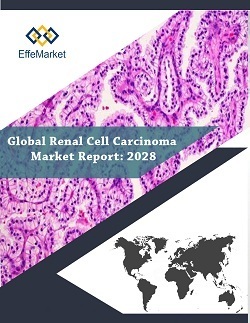
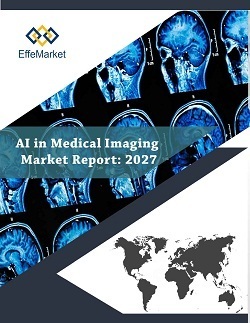


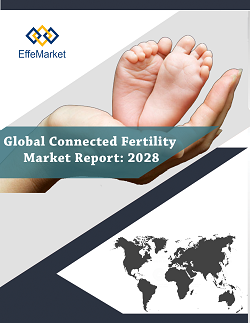

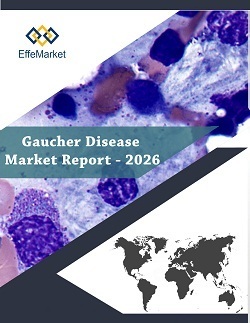

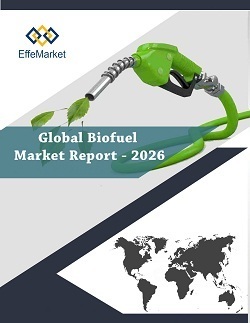
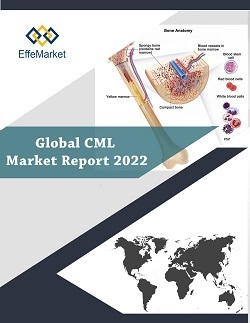
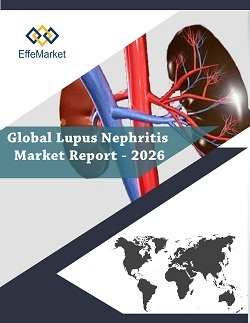
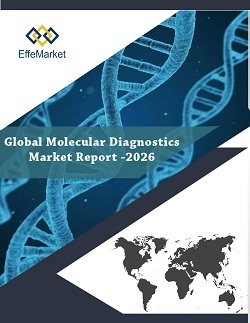
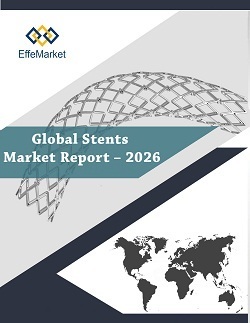
-Market-Report-2024.jpg)

